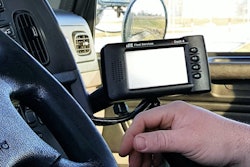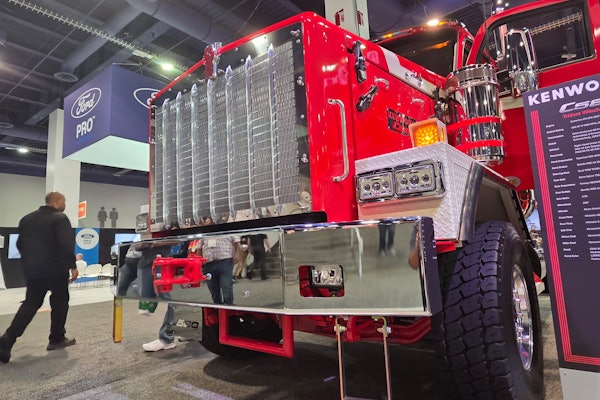The Federal Motor Carrier Safety Administration is nearing a decision on whether to proceed with a proposed rule that would change federal hours of service regulations, says FMCSA Administrator Ray Martinez.
“We continue to evaluate comments and are very close to concluding our evaluation and deciding whether we can move forward with an NPRM that would provide definitive text,” said Martinez.
“As we continue this work, we want to maintain safety while keeping uniform rules as much as possible for motor carriers and drivers wherever we can,” he added. “Uncertainty is not good for the industry and not good for the enforcement community.”
Martinez spoke Tuesday at the Truckload Carriers Convention in Las Vegas. His remarks about hours were more muted than just a few weeks ago, when Martinez seemed to confirm that the agency had decided to proceed with an hours of service proposal. However, the agency later walked back those comments, saying Martinez didn’t mean to imply that a decision had been made about whether to move forward with an HOS proposal.
He said that the electronic logging device mandate, which took full effect last April, allowed the industry and FMCSA greater visibility into hours of service. Martinez said that, under the ELD mandate, hours-of-service violations have dropped dramatically. Preliminary data shows less than 1 percent of all driver inspections have resulted in a driver being cited for operating without a required ELD or grandfathered AOBRD. Additionally, HOS violations decreased by 52 percent in the last year.

“These are steps in the right direction,” said Martinez. “We understand industry is the one that is responsible for the successes here. Where there has been confusion sometimes, where there has been uncertainty, that has been mirrored on the enforcement side. This is a time of transition. It is important that the federal government, state partners on the enforcement side and the industry to make sure we work through all this in 2019 as we transition from AOBRDs to ELDs by December 16, 2019.”
Martinez noted the transition to ELDs has helped the agency take a closer look at HOS reform.
“[The ELD mandate] really put a spotlight on something that hasn’t been looked at in over 15 years,” said Martinez. “The data generated by ELDs highlights areas of current HOS regulations where adjustments or improvements may be needed. Commerce has changed, technology has changed, and your business has changed in that time.”
Martinez said the advanced notice of proposed rulemaking FMCSA put forth generated 5,200 comments on hot-button HOS issues including short-haul provisions, HOS exceptions for adverse driving conditions and the 30-minute rest break provision and the rule requiring drivers to spend eight consecutive hours in a sleeper berth.
During his first year as administrator, Martinez said FMCSA has strived to make it a year of engagement to listen to all stakeholders. “I think that too often there is the notion that Washington isn’t listening,” he said. “That is certainly the perception I got my first few weeks on the job. There was a disconnect between our agency and the community we regulate. That’s not good as it undermines our mission.”








